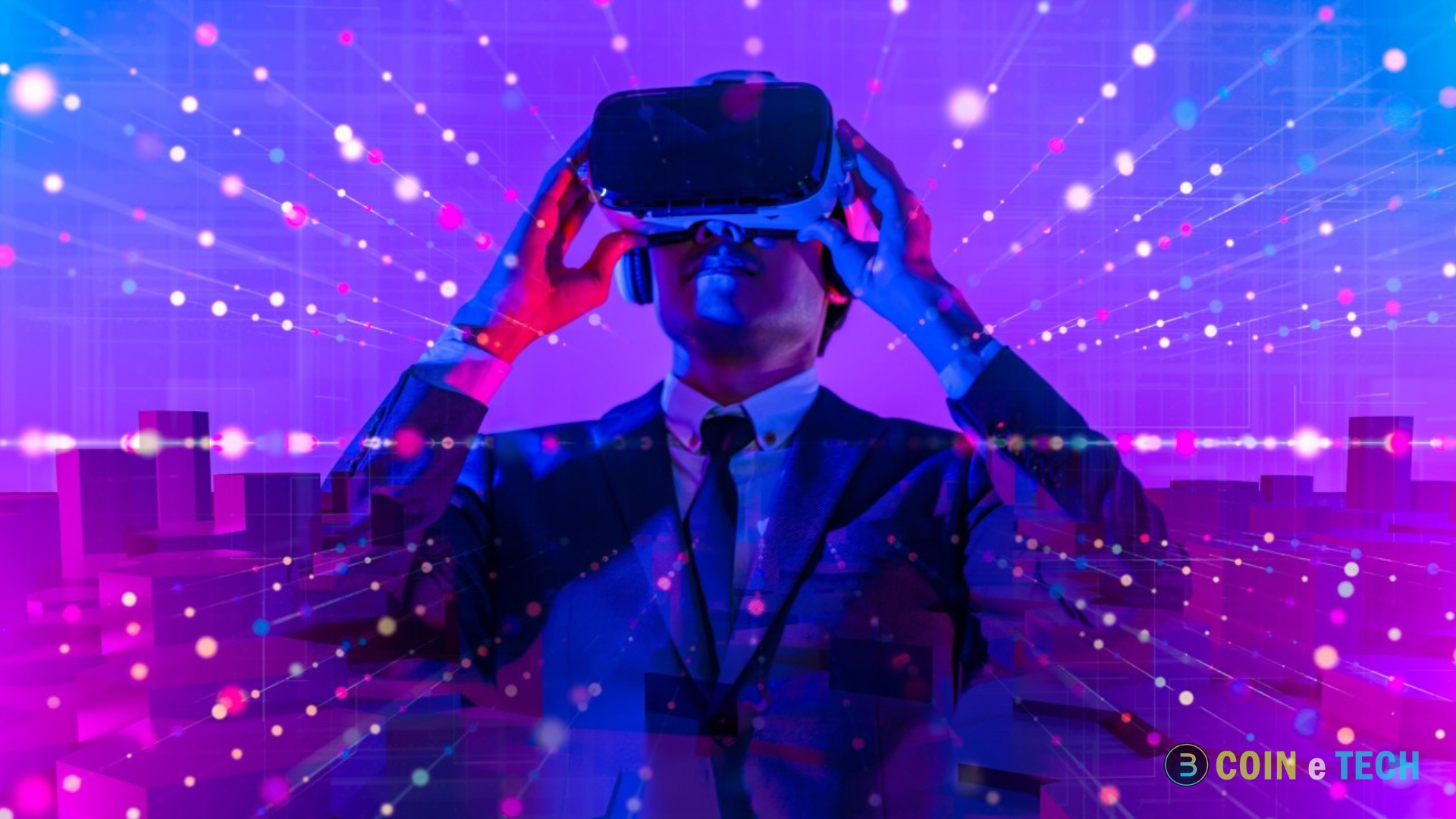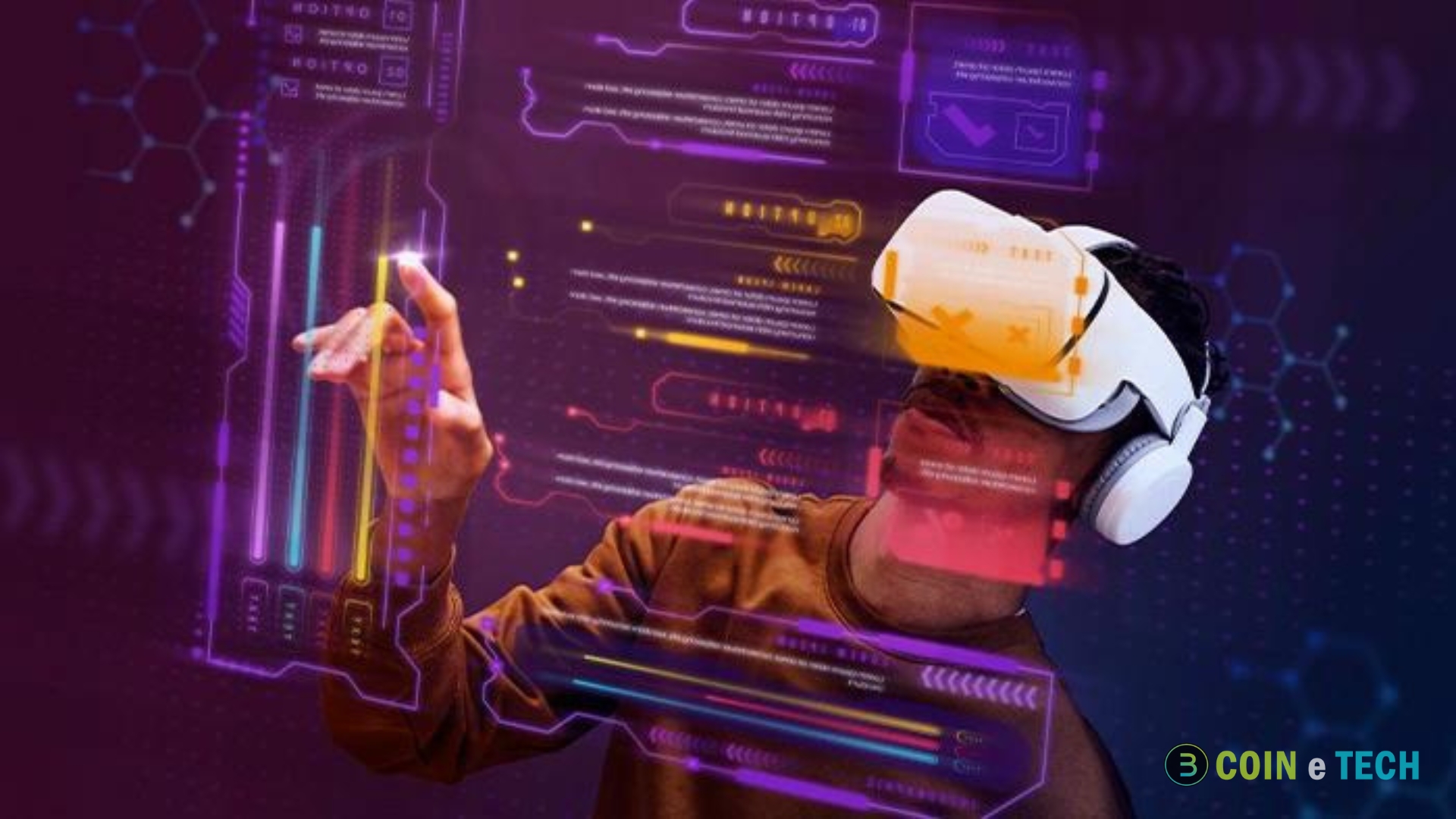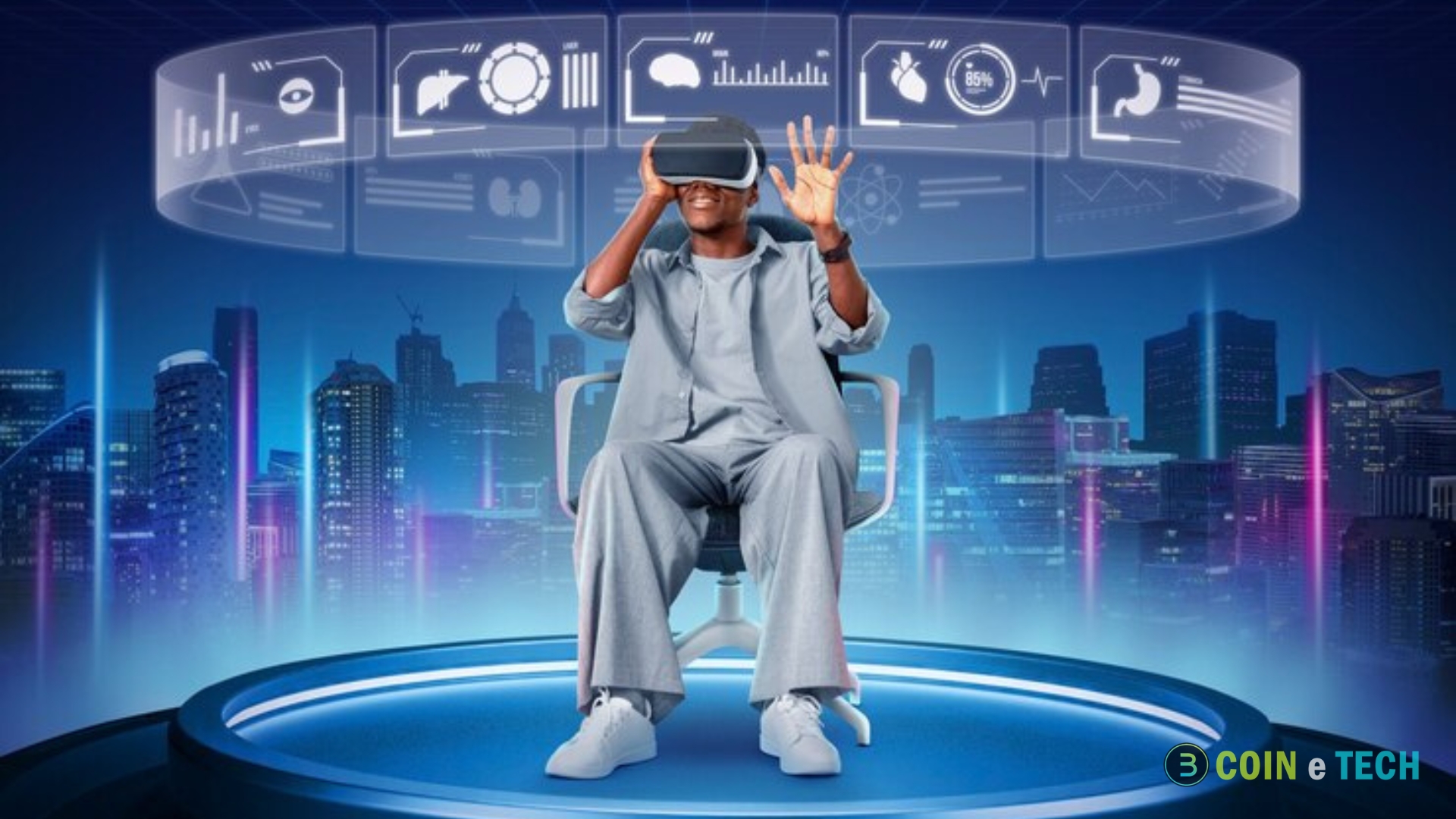Metaverse Integration. For the past two hundred years, technological advancements have propelled innovation in human society. Our journey has progressed from horse-drawn carriages to jet flights. Similarly, while people used to use desktop computers the size of a room, they have now downsized to laptops that are 12 inches. Thanks to technological advancements, this massive change is now feasible.
Yet the technological zenith, a breakthrough that will change the world in the future, is about to be unveiled to the public today. Metaverse, the newest craze, promises to change the way people communicate and engage with one another and the environment around them.
Thanks to the rise of the metaverse, businesses, schools, and other organisations are already considering how to incorporate this cutting-edge technology into their operations. The metaverse, once only imagined in science fiction, is now a real and powerful force in our daily lives. Thanks to its cutting-edge capabilities, these fields have never had so many opportunities to influence social change as they do in the metaverse.
While incorporating the metaverse opens up exciting new possibilities, it also brings with it some novel obstacles. The article focuses on the possible advantages, difficulties, and consequences of integrating the metaverse.
Defining the Metaverse
The word “metaverse” originates from Greek. The terms “meta” (meaning “beyond”) and “verse” (meaning “universe”) form its combination. Metaverse means “beyond the universe” in its most basic sense. In his 1992 work Snow Crash, Neal Stephenson introduced the phrase “metaverse” in a fictional context. To return to the idea, the metaverse is a kind of online community that combines elements of the natural and virtual worlds, allowing users to socialise and engage with computer-generated settings.
This technology provides a virtual environment where users can perform experiments and have experiences that would be impossible in the actual world. Through the use of VR and AR, the metaverse offers a three-dimensional environment.
Implications for Human Society
The incorporation of the metaverse has the ability to revolutionise human activities such as work, socialising, learning, and entertainment. With the rise of virtual offices and immersive meeting spaces, remote work has the potential to transform the business world. The result could be a more integrated global workforce that is both more productive and less constrained by physical distance.
There will also be positive effects on education. Through the metaverse’s immersive learning experiences, students could enhance their education by exploring historical events, conducting virtual experiments, and engaging in interactive simulations. Consequently, the technology has the potential to revolutionise the entire educational system.
As individuals connect in virtual environments, overcoming geographical and cultural barriers, the metaverse significantly affects social dynamics. Things people can’t or don’t want to do in real life will be accessible in virtual reality. Examples abound, including virtual tourism and video games.
Challenges in the Metaverse Integration
Despite the metaverse’s claims to the contrary, integration is not without its difficulties. Some of the most pressing problems that require fixing are the digital divide, ethical challenges, and privacy issues. The immersive nature of the metaverse heightened concerns over data security and the possible misuse of personal information. Finding a middle ground between fostering innovation and protecting individuals’ privacy is critical.
Addressing the ethical concerns that arise from virtual experiences, such as cyberbullying and virtual crime, is essential to creating a welcoming and safe environment in the metaverse. Closing the digital gap is also crucial to keeping inequality from getting worse. If metaverse technologies are to be widely adopted without giving rise to a technological elite, everyone must have equal access to them.
Benefits of Metaverse Integration
Metaverse Integration has a plethora of advantages in many fields. Virtual reality applications that allow remote consultations, simulations, and interventions can benefit medical fields, surgical training, and therapy. If patients could get medical treatment without leaving the convenience of their own homes, there might be less demand on existing healthcare systems. With the advent of fully immersive virtual experiences, the gaming, movie, and live event industries are ripe for a paradigm shift.
Interactive gaming experiences, virtual concerts, and sports events are quickly becoming popular, opening new possibilities for enjoyment and innovation. This change has the potential to widen the audience for independent producers’ work around the world. The metaverse offers a plethora of virtual real estate and digital asset development and sale opportunities. Metaverse systems frequently incorporate blockchain technology, which allows for the safe ownership and transfer of virtual assets, paving the way for fresh business opportunities and technological advancements.
Conclusion
Rather than being some faraway idea, the metaverse is always here and changing, and it might change our lives in countless ways. The advantages of integrating the metaverse are evident, even though obstacles still need to be addressed, such as privacy problems and ethical reasons.
The metaverse is about to change how we engage with the digital world in several ways, including by creating new opportunities for remote work and education, immersive entertainment, and economic growth. To ensure the metaverse adds value to society instead of taking advantage of it, we must emphasize inclusivity, ethical behaviours, and responsible innovation as we navigate this changing terrain.








